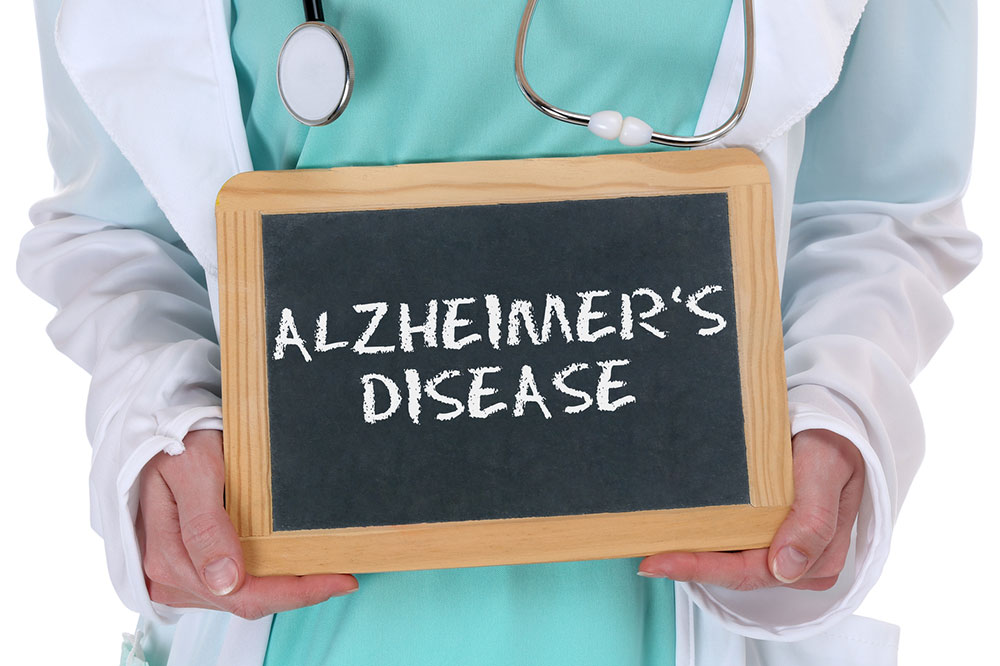A comprehensive guide on Alzheimer’s disease

Alzheimer’s disease, a neurological condition, causes brain cells to die. It is a debilitating illness that starts with memory loss and cognitive decline caused by brain cell damage. It is one of the most common forms of dementia with nearly 80 percent of dementia cases starting with Alzheimer’s disease. More than 5 million people are diagnosed with Alzheimer’s disease annually. The disease progresses in stages and symptoms become severe over time. Here are a few important things to know about Alzheimer’s disease.
Various stages
As mentioned above, Alzheimer’s disease is a neurodegenerative disorder. According to the Alzheimer’s Association, there are seven stages based on the severity of the symptoms. The disease begins with no impairment, progresses to mild and moderate decline, and finally, a state of severe decline. The diagnosis is usually done in the fourth stage of Alzheimer’s, known as “early-stage or mild Alzheimer’s.” Therefore, the disease can be said to have three main stages. The first one is preclinical, the stage before any of the symptoms appear. Mild cognitive impairment is the second stage, where symptoms begin to appear; however, they are quite mild. Dementia is the last and final stage of Alzheimer’s disease.
Common symptoms
One of the earliest symptoms of Alzheimer’s disease is cognitive loss, which causes memory loss. Several other symptoms start to appear over time and the person will go through rapid changes in behavior, mood, and personality. They will have poor judgment, tend to misplace things frequently, and be unable to retrace their steps. Also, the sudden and quick loss of memory will make it difficult to carry on everyday routine tasks such as managing money or bills. In the last stage, a person will require complete assistance. People afflicted with Alzheimer’s disease may also experience depression.
Common causes
According to research, there is no specific cause of Alzheimer’s disease. Doctors are in the dark as to what causes this neurodegenerative disease. Based on most studies, there are several factors that may lead to Alzheimer’s with one of the common factors being age. Usually, older adults are more susceptible to Alzheimer’s disease. Another cause is genetics, which is a family history of Alzheimer’s. Some other common underlying factors include high blood pressure, high cholesterol, and heart disease.
Common diagnosis methods
There are no screening tests to detect Alzheimer’s disease, it is usually diagnosed based on early symptoms. Doctors also look into a patient’s family and medical history. Apart from these, a patient’s senses, balance, and reflexes, that is overall neurological functions are also examined. In certain cases, doctors may suggest genetic testing, blood and urine tests, CT scans, and MRI scans.
Well-known treatments
Alzheimer’s disease is not curable as there are no medications or treatments for a complete cure. Therapies, medications, and treatments are used to help a person live a life that is as close to normal as possible. Medications and therapies help to alleviate the effects of the various symptoms. In some cases, treatments can also slow down progression of the disease.

